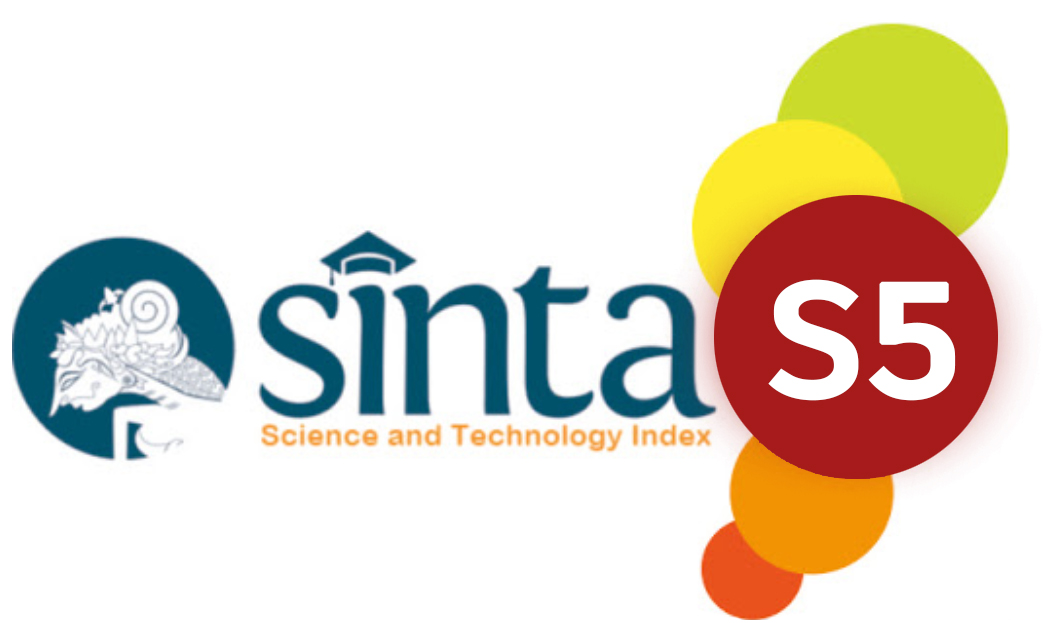THE LEGALITY OF USING BITCOIN AS A TRANSACTION TOOL IN ONLINE BUYING AND SELLING
LEGALITAS PENGGUNAAN BITCOIN SEBAGAI ALAT TRANSAKSI DALAM JUAL BELI ONLINE
DOI:
https://doi.org/10.61393/heiema.v4i2.311Keywords:
legality, bitcoin, online tradingAbstract
Cryptographic-based digital currencies, such as bitcoin, function as a medium of exchange. Bitcoin is a digital currency that exists within the open source P2P payment system. P2P is a computer network model that consists of two or more computers, and each computer in that network has the ability to share with each other. Bitcoin is one of the most famous digital currencies. The benefits and drawbacks of using Bitcoin as a payment tool. This is because bitcoin has not met some criteria to be considered a currency, especially in terms of the principles of buying and selling transactions. While bitcoin does not have an underlying asset used as a basis for transactions. There are two conclusions that can be drawn in this regard. First and foremost, digital money is not a currency. Second, there is an element of ambiguity (Gharar).
This research uses academic literature as the main source for information on the use of Bitcoin in online transactions. Other sources include scientific works, fiqh muamalah texts, journals, articles, online media, and more. This research is prescriptive, meaning that it assesses and establishes rules on whether using Bitcoin as a transaction tool in online sales is permissible. Material and pragmatic analysis derived from Islamic law is then applied. Research on normative Islamic law is an example of a study aimed at establishing clear rules on how to use Bitcoin currency.
Research findings show that in the view of Islam, Bitcoin transactions as a payment tool do not meet the requirements of al-sharf because they violate Islamic rules stating that transactions must be conducted in cash, even if there are pending orders. This is based on verses in the Qur'an that declare Bitcoin as batil, gharar, and maysir.
References
Bank Indonesia. 2018. “Peraturan Bank Indonesia No. 6/10/PBI/2004.” Peraturan Bank Indonesia. www.bi.go.id.
———. 2020. “Apa Itu Uang Elektronik.” Departemen Komunikasi. https://www.bi.go.id/id/edukasi/Pages/Apa-itu-Uang-Elektronik.aspx.
Firmansyah, and M. Ihsan Dacholfany. 2018. Uang Elektronik Dalam Perspektif Islam. Edited by M. Dini Handoko. Caetakan p. Lampung: CV. IQRO.
Fitri, Riska Julia, and M. Syukri Ismail. 2019. “TRANSAKSI BITCOIN DALAM PERSPEKTIF EKONOMI SYARIAH” 5 (1): 72–97. https://doi.org/doi.org/10.51311/istikhlaf.v5i1.512.
Hasanah, Uswatun. 2021. “Perspektif Hukum Islam Terhadap Mata Uang Digital Dalam Perekonomian Kontemporer.” STAIN Mandailing Natal.
Hendarsyah, Decky. 2016. “Penggunaan Uang Elektronik Dan Uang Virtual Sebagai Pengganti Uang Tunai Di Indonesia.” IQTISHADUNA: Jurnal Ilmiah Ekonomi Kita 5 (1): 1–15. https://doi.org/10.46367/iqtishaduna.v5i1.74.
Honggowongso, Muhammad Said, and Munawwar Kholil. 2021. “Legalitas Bitcoin Dalam Transaksi E-Commerce Sebagai Pengganti Uang Rupiah.” Jurnal Privat Law 9 (Vol 9, No 1 (2021): Januari-April): 143–54. https://jurnal.uns.ac.id/privatlaw/article/view/28942/pdf.
Ibrahim Nubika. 2018. Bitcoin: Mengenal Cara Baru Berinvestasi Generasi Mileneal. yogyakarta: Genesis Learning.
Jati, Hardian Satria, and Ahmad Arif Zulfikar. 2021. “Transaksi Cryptocurrency Dalam Pandangan Hukum Ekonomi Syariah.” Al-Adalah: Jurnal Hukum Dan Politik Islam 6 (2): 137–48. https://doi.org/10.35673/ajmpi.v6i2.1616.
Jumiarti, Dewi, and Hayet Hayet. 2021. “Kointegrasi Dan Kausalitas Bitcoin Terhadap Nilai Tukar Rupiah: Pandangan Islam.” Jurnal Muamalat Indonesia - Jmi 1 (1): 1–11. https://doi.org/10.26418/jmi.v1i1.46278.
Musyafah, Aisyah Ayu. 2020. “Transaksi Bitcoin Dalam Perspektif Hukum Islam Dan Hukum Positif Indonesia.” Diponegoro Private Law Preview 7 (1): 700–712. https://ejournal2.undip.ac.id/index.php/dplr/article/view/8177%0Ahttps://ejournal2.undip.ac.id/index.php/dplr/article/download/8177/4300.
Nababan, Keisya Naomi Natalia. 2019. “Tinjauan Legalitas Transaksi Bitcoin Di Indonesia.” Jurist-Diction 2 (5): 1745. https://doi.org/10.20473/jd.v2i5.15241.
Nurhisam, Luqman. 2017. “Bitcoin Dalam Kacamata Hukum Islam.” Ar-Raniry, International Journal of Islamic Studies 4 (1): 165. https://doi.org/10.20859/jar.v4i1.131.
Tarantang, Jefry, Annisa Awwaliyah Maulidia Astuti, and Meidinah Munawaroh. 2019. “PERKEMBANGAN SISTEM PEMBAYARAN DIGITAL PADA ERA REVOLUSI INDUSTRI 4.0 DI INDONESIA.” Jurnal AL-Qardh 4 (juli): 60–75. https://doi.org/http://dx.doi.org/10.23971/jaq.v4i1.1442.
Windiastuti, F C. 2019. “Analisis Hukum Islam Terhadap Mata Uang Virtual (Cryptocurrency) Inacoin.” Universitas Muhammadiyah Surakarta. http://eprints.ums.ac.id/id/eprint/72421.
Downloads
Published
How to Cite
Issue
Section
License
Copyright (c) 2025 Erna Dewi

This work is licensed under a Creative Commons Attribution 4.0 International License.
























